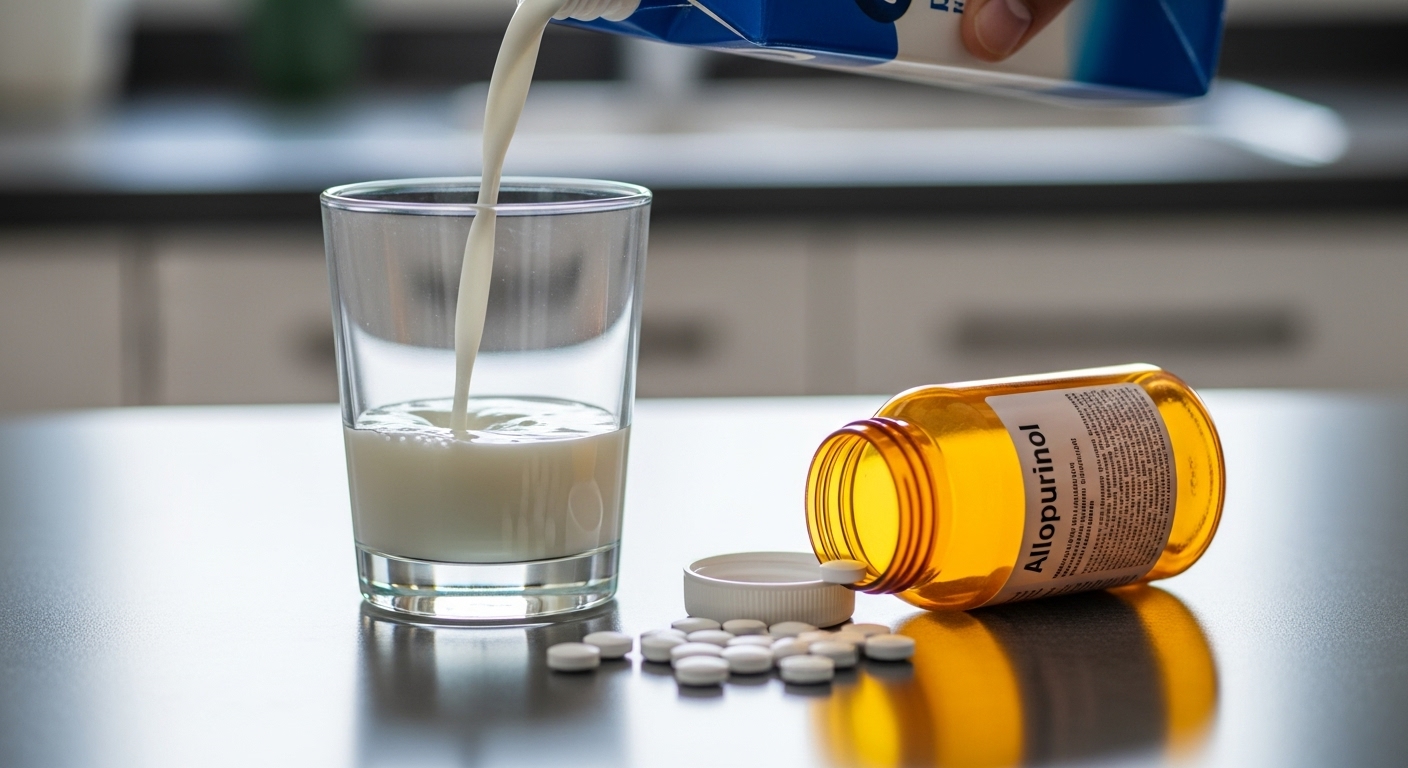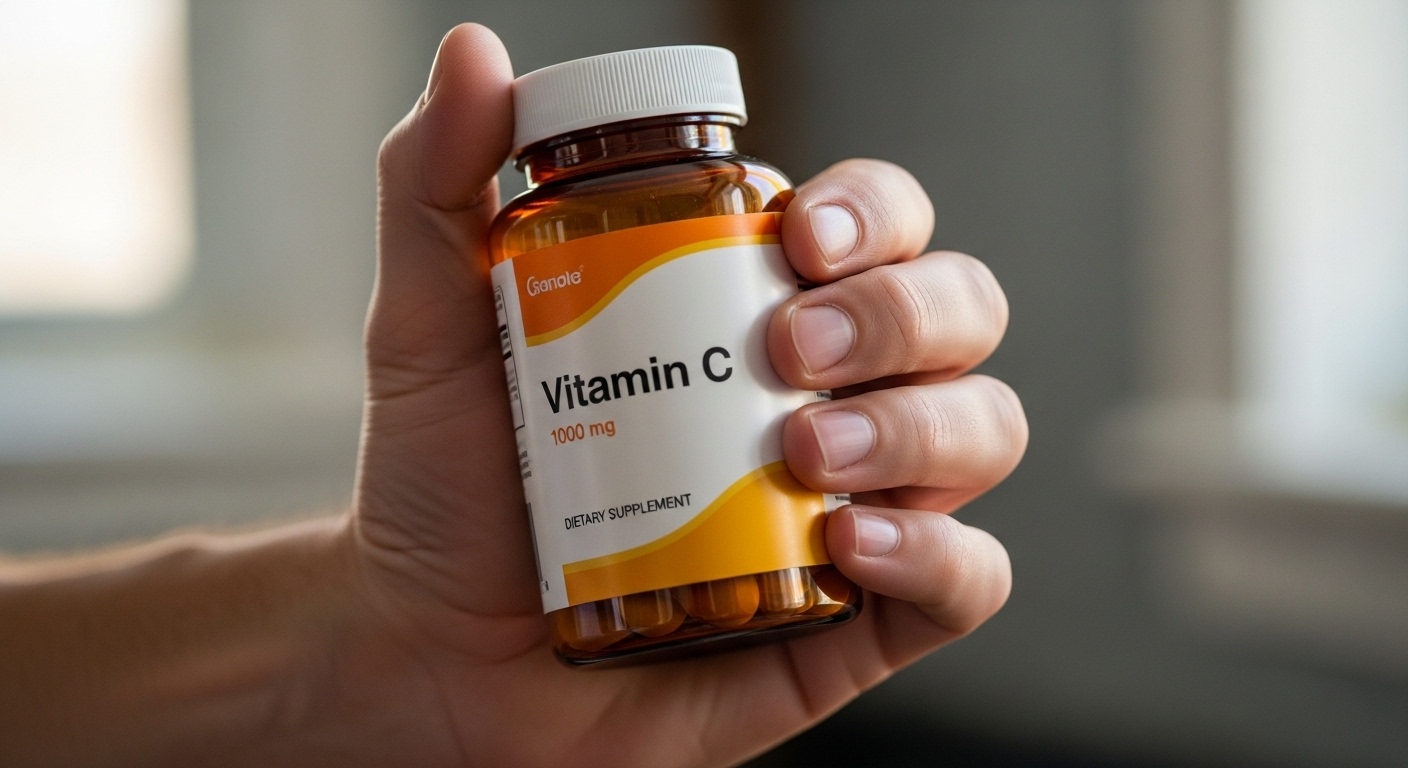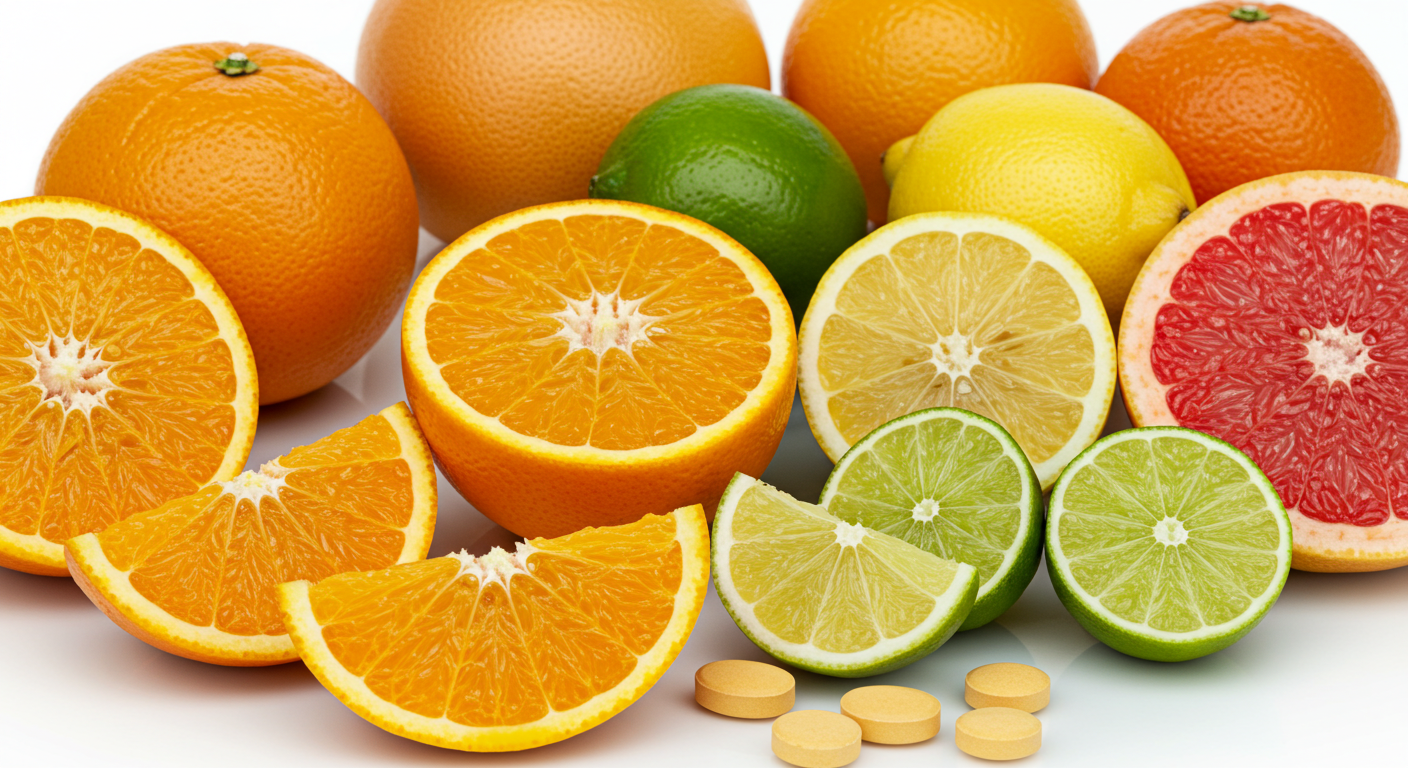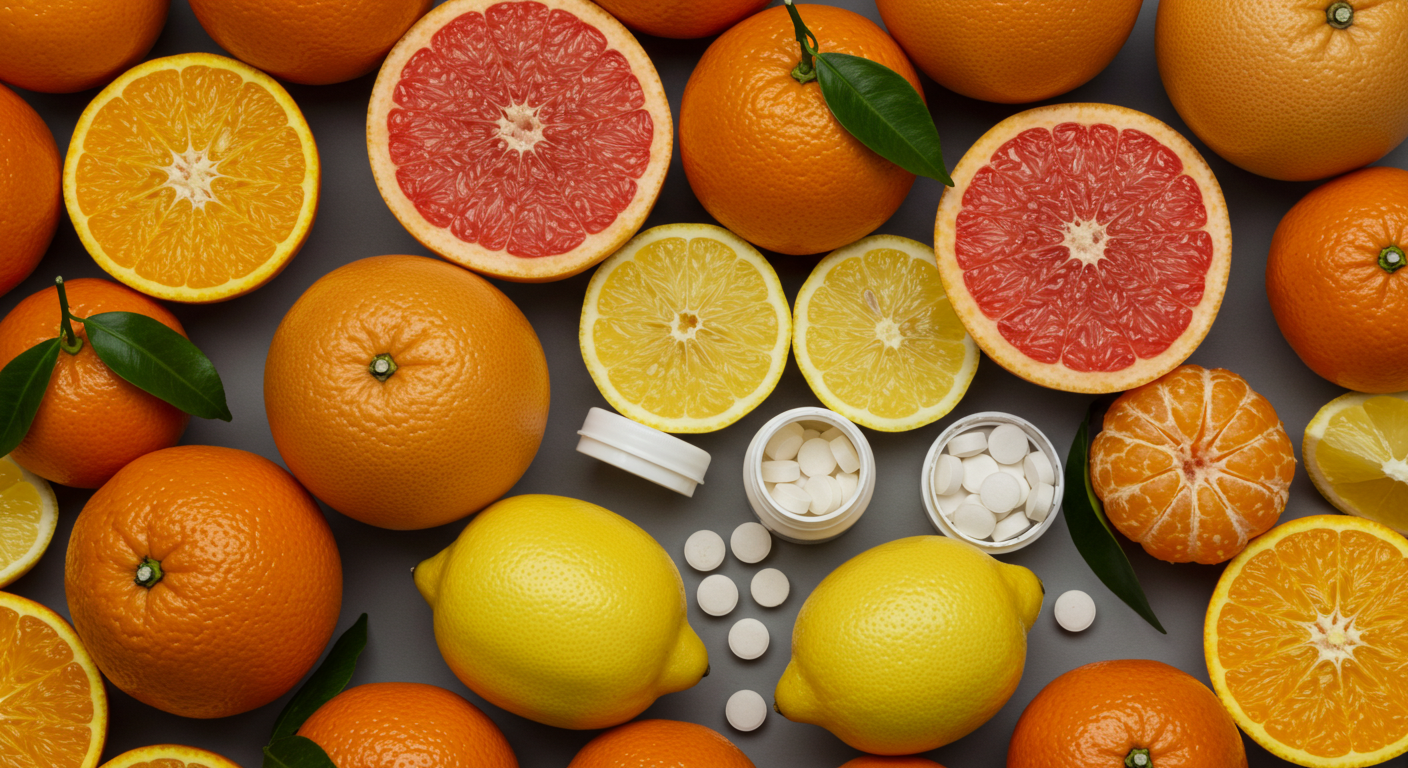Vitamin C, Coffee, Milk, and Alcohol: How Diet Impacts Gout Risk
Dr. Kumar’s Take
This review pulls together the strongest evidence on how everyday foods and drinks shape uric acid levels and gout risk. The key theme is balance: certain choices like low-fat dairy, vitamin C, and coffee lower risk, while alcohol, especially beer and spirits, consistently drives it up. Tea remains more uncertain, with mixed findings.
Key Takeaways
✔ Vitamin C (≥ 500 mg/day) lowers uric acid and reduces gout risk, though effect size is modest.
✔ Coffee (≥ 4 cups/day) is linked to lower uric acid and lower gout risk.
✔ Milk and yogurt consumption is consistently protective against gout.
✔ Beer and spirits significantly increase uric acid and gout risk; wine appears neutral in moderation.
✔ Tea shows mixed results, with no clear protective effect.












